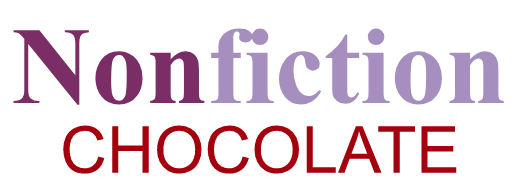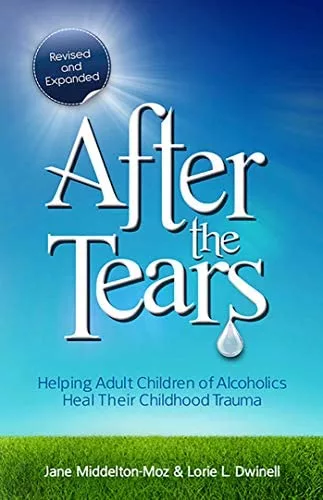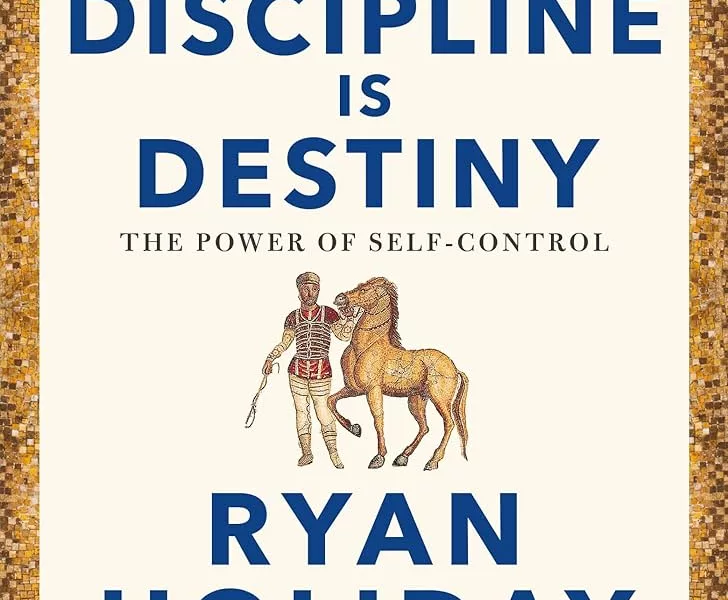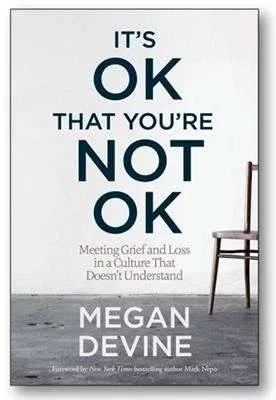After the Tears: Helping Adult Children of Alcoholics Heal Their Childhood Trauma by Jane Middelton-Mox & Lorie L. Dwinell: is an eye-opening read for anyone who grew up with an alcoholic caregiver. Middelton-Mox and Dwinell explain how Adult Children of Alcoholics often function and the emotions they frequently feel.
Pairs With: Tissues, self-love, and relief. And brownies. You’ll deserve brownies for working through the less-than-pleasant memories.
Overview:
After the Tears by Jane Middelton-Moz & Lorie L. Dwinell is a healing book for anyone who grew up in a household with alcoholism.
I found this book on a cold dark evening at Barnes & Noble at exactly 6:30 pm in 2013 in Fargo, North Dakota. (How do I know this? Well I still have the receipt stuffed in the book as a bookmark.) It was my junior year of college when I stumbled across this book and the term “Adult Children of Alcoholics (ACOAs).”
And it shifted my perspective forever.
Similar Characteristics of ACOAs
Did you know that adult children that had alcoholic caregivers all have similar characteristics? Yeah and that may be the reason you do certain things or feel certain ways!
Some of our similar characteristics are:
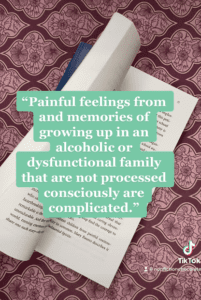
- Fear of Trusting
- Loyalty to a Fault
- Hyperresponsibilty or Chronic Irresponsibility
- Counter-dependency/Fear of Dependency
- Need to Be in Control/Difficulty with Spontaneity
- Difficulty Hearing Positives and Difficulty with Criticism
- Overachievement or Underachievement
- Poor Self-Worth or Shame
- Living in Anxiety and Fear
- Fear of Conflict and Normal Anger
- Fear of Incompetence
- Hypersensitivity to the Needs of Others
- Difficulty Relaxing or Having Fun
- Discounting and Minimizing Pain
This seems like just a list that could possibly describe anyone but Middelton-Moz & Dwinell’s explain each in terms of Adult Children of Alcoholics and where this characteristic most likely resonated from.
The biggest thing I learned in this book, that blew my mind, was that ACOAs have a hard time trusting their judgment. This is often because they will have seen a parent/caregiver drinking alcohol and then recognized that person has become mean or different. However, sometimes there is a well-meaning adult who tells them, “Dad didn’t mean that, he’s just tired.”
Which, unfortunately, creates a disconnect between what the child observed (dad drinking beer and becoming a jerk) and what the other parent/caregiver is telling them (it’s not the beer that’s causing this behavior, it’s work.)
This subtle disconnect has a lasting impression that causes ACOAs to question their own judgment and perception.
Conclusion
I’d recommend reading this book if you are also an Adult Child of an Alcoholic (or Alcoholics).
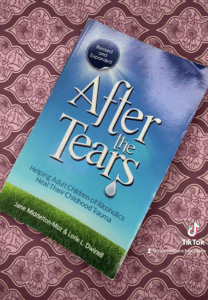
I wasn’t far into this book when I felt a sense of ease and acceptance of who I am. Now I had answers for why I felt certain ways and explanations for how I responded to various situations. And when it all just makes sense, you’re able to let a lot of stuff go. Just learning about this and realizing who I am is ‘normal’ allowed me to let a lot of confusion, anger, and sadness go.
I instantly felt relief knowing that there are others out there like me and that how we approach life isn’t incorrect or bad. Our childhoods may have been tainted by alcohol but we can make sure our adulthoods are filled with understanding, love, and self-acceptance.
I hope this book brings you some closure, relief, and inner peace as it did for me.
Have you read this one or another one that would be helpful?
P.S. This book would also pair well with The Obstacle is The Way by Ryan Holiday. Holiday does a great job showing how to turn obstacles into advantages!
